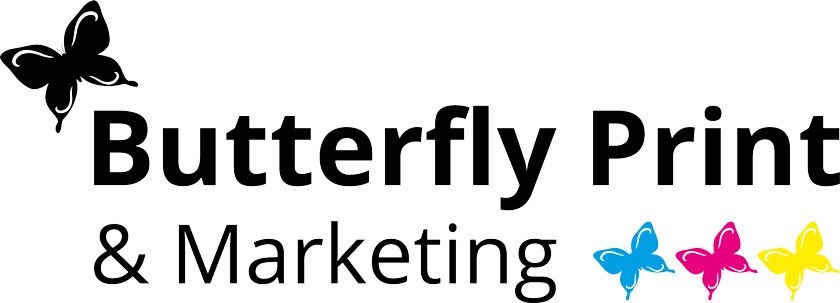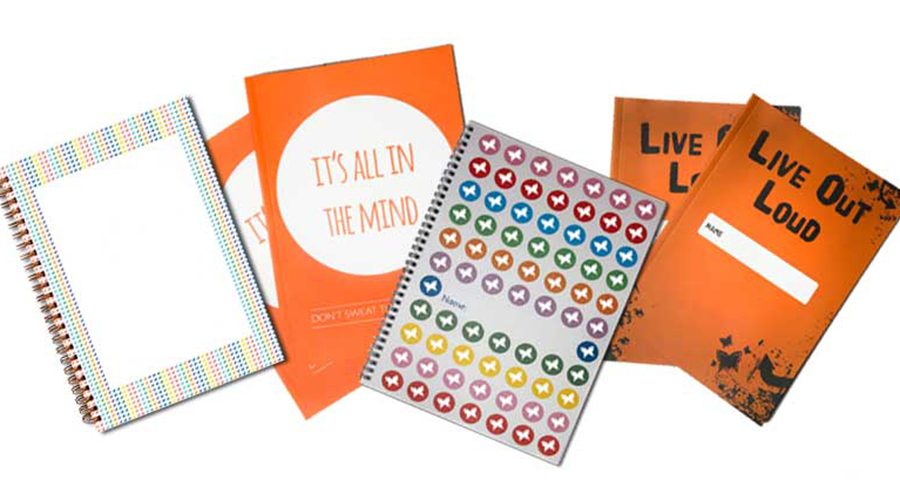 At Butterfly we are always delighted when education professionals love the work we do, and this review from Optimus Education of our Mental Health Journals for Schools is one that we’re particularly proud of! Written by Bridget Moss, Assistant Headteacher at Bedford High School near Wigan, we are delighted to have had permission to reproduce the review on our own site. Below is an extract from the text of the review, and you can read the full article here.
At Butterfly we are always delighted when education professionals love the work we do, and this review from Optimus Education of our Mental Health Journals for Schools is one that we’re particularly proud of! Written by Bridget Moss, Assistant Headteacher at Bedford High School near Wigan, we are delighted to have had permission to reproduce the review on our own site. Below is an extract from the text of the review, and you can read the full article here.
I came across mental health journals when I attended a course to become a mental health champion in our school, led by Marilyn Tucknott, an education mental health trainer. As creator of the journals, she discussed the benefits of enabling young people to express their emotions, feelings and opinions and reflect these in a positive way. It soon became clear to me that working with our new intake before behaviour issues started to materialise could have a significant impact. Our school is in a deprived area of the North West. Last year we ran a mental health week for Year 7 pupils. This included a couple of assemblies around keeping yourself safe and keeping yourself happy. During the week we focused on heroes and role models, and looked at how we can become the best that we can be. At the end of the last session, we offered a mental health journal to every child. Most took a copy, although some opted out. Produced by Butterfly Print, the series comprises four personal, paper diaries, each one designed to cater for a different age group.
It starts in Key Stage 1 with Being Me, which invites children to make statements about themselves and accept themselves for who they are, before going on to explore themes such as empathy and forgiveness, as well as more difficult areas, such as not feeling guilty about adult behaviours.
This is followed in Key Stage 2 by Understanding Me, which acts as a mentor for pupils by providing a range of phrases, actions and solutions to everyday scenarios, such as being bullied and supporting friends through difficult days.
Live Out Loud is small enough to fit in a blazer pocket but looks appropriately subversive for its target user – students in key stages 3 and 4 – being ink-stained and filled with graffiti-style artwork. It addresses a range of issues, from making apparently superficial choices to exploring sensitive hopes and fears.
The final journal in the series, Mindspace for key stages 4 and 5, asks more searching questions. Like the others, it encourages interaction and creativity. For example, students are invited to become more self-aware by commenting about themselves and reflecting on their actions. Some pages are quite directive and others are more exploratory and open to interpretation. Subtitled You can always change your mind, its starting point is that there is much to be angry about, whether this regards personal issues or worldwide concerns, and it guides young people who are feeling overwhelmed, who are dwelling on things that could go wrong and who feel they are on an emotional rollercoaster. Among other things, the student is encouraged to review the usefulness of their current thinking, do a reality check and learn to keep their inner critic quiet.
Read more here, or click here to find out more about our Mental Health Journals for Schools.



Leave A Comment
You must be logged in to post a comment.